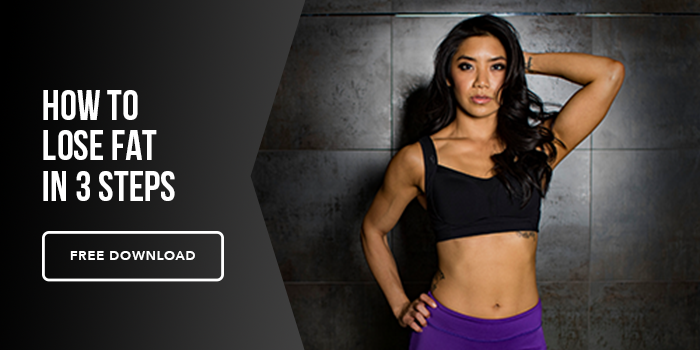You are probably here because you would like to learn how to count your macronutrients to build muscle, but maybe you don’t know where to start. It is hard to know what macro guidelines are “good,” when every fitness influencer recommends something different. With so many macronutrient calculators on the web, how are you supposed to know which to use? Each calculator seems to give different guidelines, so it can be difficult to know what’s accurate.
When it comes to health and fitness, there is always going to be variance per the individual, especially when it’s counting macros for a specific goal. I will give you a good understanding of general guidelines to follow when tracking your macros for muscle gains. Once you have learned the basic guidelines, you are free to explore and see what works best for you.
Low Carb vs. Low Fat Diets
When people track macros, they usually try to do two things: reduce their carbs or reduce their fats. Now, I’m not saying this is something you must do when you’re tracking macros for muscle building, but if you want to you can. The most important thing is figuring out what works best for you. If you don't feel good eating a high-fat diet, lower your fat intake and up your carb intake. If a high carb diet is making you feel bloated and sluggish throughout the day, try eating more fats. The great thing about figuring out macros is that you get to explore what works best for your body. What works for one person may not work well for you.
I’m sure you’re asking, “What about protein?”. Protein is needed for muscle growth and weight loss. Usually a high protein diet isn’t as important during muscle building as if you were cutting body fat. This does not mean you shouldn’t keep track of your protein intake. You should still make sure you are eating enough protein to build adequate muscle.
Calorie Intake
Before figuring out your specific macro goals, you must be aware of your calorie intake. The best way to do this is to track your calories for a week. Don’t try to change anything, just simply eat how you normally would. This gives you an idea of your maintenance calorie intake. You can use a fancy calculator to find your maintenance, but we just need a simple measure to start with. You most likely won’t be tracking your calories anyway, only your macros.
Fast Tip: Multiplying your body weight by 12-15 can be a decent measure to use.
Example: If you weigh 145 lbs. and multiply that by 13, which comes out to 1,885 calories. That’s your starting maintenance calorie intake.
Macro Percentages
Like I mentioned earlier, everyone is different and reacts differently to specific eating lifestyles. Generally, your protein intake will always stay the same. Your carbs and fats will fluctuate based on your specific goals or intentions.
If you want to follow a higher carb / lower fat diet while counting macros, a general macro breakdown can be:
30% protein 40% carb 30% fat
Here at Mind Pump, we don’t recommend dropping your fat intake below 25% in order to keep your hormones balanced.
If you want to follow a higher fat / lower carb diet while counting macros, a general macro breakdown can be:
25% protein 25% carb 50% fat
In the end, tracking your macros for muscle growth is only a piece of the puzzle. You need to be lifting heavy weights to signal to your body to keep building muscle. Make sure you are drinking enough water, getting 7-9 hours of sleep a night, and staying away from highly processed foods.






